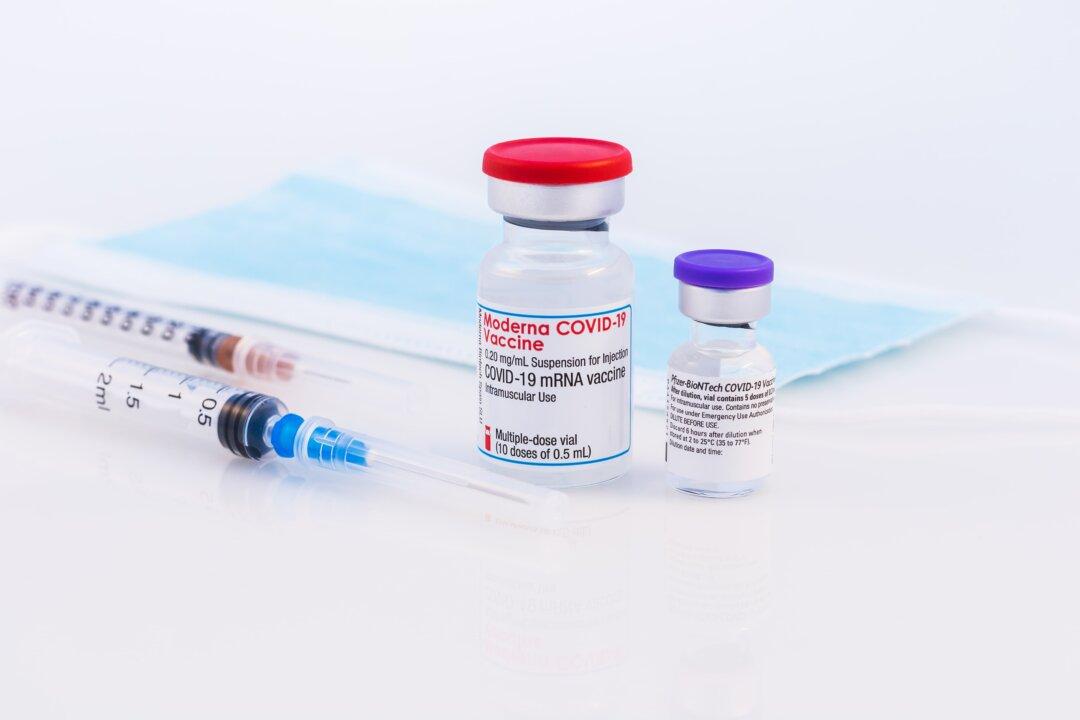A health expert coalition published a citizen petition on Jan. 31 requesting the U.S. Food and Drug Administration (FDA) to update COVID-19 vaccine package labels with the most recent data on safety and efficacy.
In the filed petition, coalition members argued that the labels are outdated; recent safety and efficacy clinical data have not been included, and adverse events such as sudden cardiac deaths and pulmonary embolisms should also be added.





